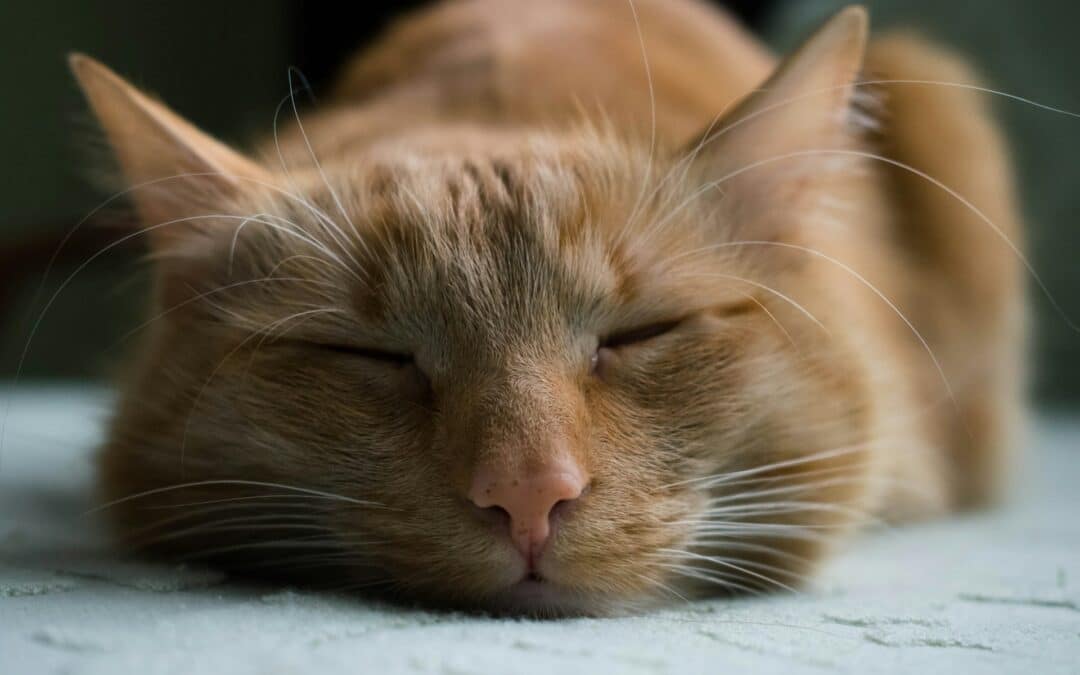Kidney disease is a chronic illness that unfortunately has no cure. Also known as chronic kidney disease, kidney failure, or renal failure, this incurable illness starts slowly and grows worse over time.
This disease affects cats of all ages, but older cats have a much higher risk. Knowing how to recognize the early symptoms can help you seek treatment in time. Even though there is no cure for kidney disease in cats, treatment will help them live longer and improve their quality of life.
The Effects of Kidney Disease in Cats
The kidneys are essential for normal bodily function. They filter out the waste from the bloodstream, regulate the levels of essential minerals, and produce urine.
Kidney failure is dangerous, because when the kidneys can no longer filter the blood, deadly toxins start to build up in the cat’s system. This disrupts the function of other vital organs and causes problems all over their body. Without treatment, kidney disease will progress to final-stage kidney failure and eventually, death.
Symptoms of Kidney Disease in Cats
Kidney disease is often difficult to detect in its first stages. Mild symptoms may go unnoticed for months—sometimes even for years. If you notice any of the early signs of kidney disease, be sure to contact your veterinarian right away. The sooner you seek treatment, the better your cat’s chances of living a normal life.
Signs of kidney disease to watch for include:
- Bad breath
- Variable appetite
- Weight loss
- Increased thirst
- Increased urination
- Vomiting
- Diarrhea
- Lethargy
Which Cats Have a Higher Risk of Kidney Disease?
There are several reasons why a cat may be susceptible to kidney disease. Age and genetics are the main factors, but poisoning, illness, and dehydration can also harm the kidneys.
Risks for kidney failure in cats include:
- Age: The most common cause of kidney failure in cats is old age. When animals become seniors their bodies may become weak.
- Genetics: Some cats have a genetic predisposition for renal failure.
- Poor nutrition: Nutritional deficiencies can cause a buildup of toxins in the blood, forcing the kidneys to become overworked.
- Illnesses: Health problems like infections and tumors can also overwork the kidneys.
- Dehydration: When the body is dehydrated, the kidneys need to make a concentrated form of urine to keep water in the body. This can cause crystals and kidney stones to form, impeding kidney function.
- Harmful toxins: Poisonous things like antifreeze, some types of flowers, pesticides, and cleaning chemicals can be very harmful to the kidneys if your cat ingests them.
Three Care Tips for Cats with Kidney Disease
1: Make a care plan with your veterinarian.
Chronic kidney disease has no cure, so working closely with your veterinarian is an important part of helping you manage your cat’s illness.
2: Push the hydration.
Drinking water will help your cat’s kidneys function better. If your cat is struggling to drink, and no amount of fountains or perfect water bowls are helping, speak with your veterinarian about giving them more wet food or trying other hydration methods.
3: Make sure your cat is eating properly.
A well-rounded diet will ensure that your cat is getting all the vitamins and minerals necessary for their kidneys to function well.
Veterinary Care for Cats in Gilbert, Arizona
East Valley Animal Hospital is here to help every cat live a long and healthy life, even if they suffer from kidney disease. Our team of expert veterinarians, veterinary technicians, and support staff have the knowledge, experience, and compassion to help your pet cope with chronic medical issues like kidney disease. If you have concerns for your cat’s health or wish to make an appointment for a checkup, please contact us today.
Images used under creative commons license – commercial use (8/17/24). Photo by Victoria Tronina on Unsplash.

